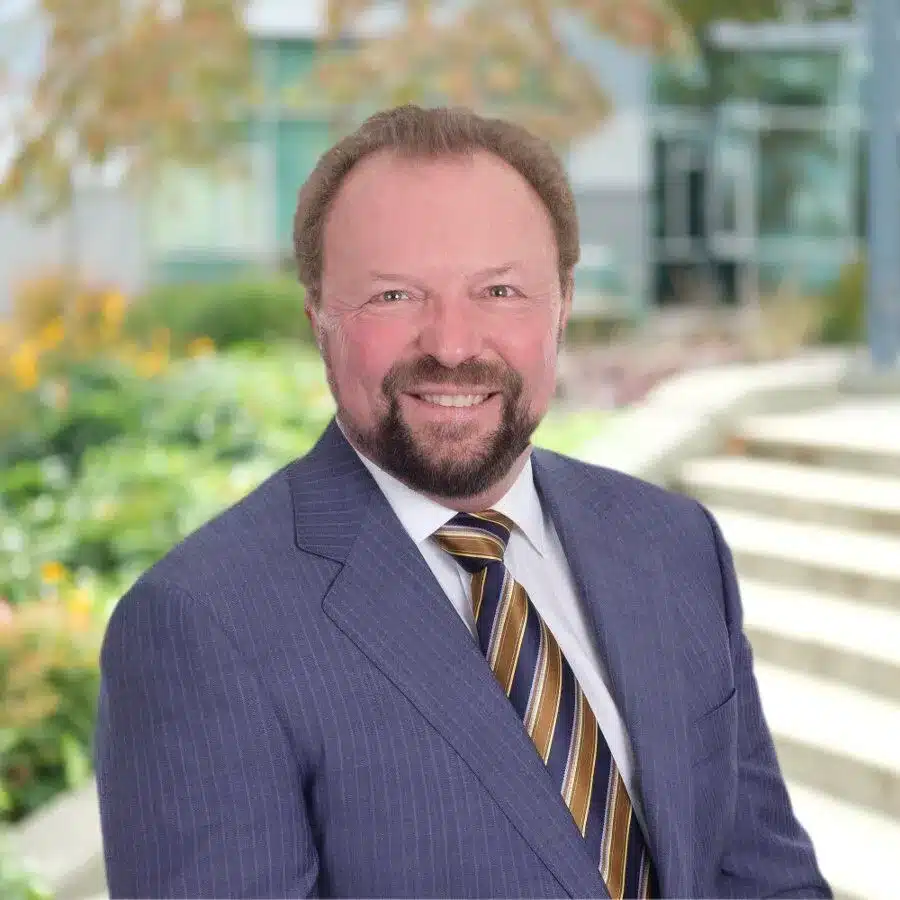- Visit Us Daily from 9.00 AM to 9.00 PM
- 20103 40th Ave #107, Brookswood, Langley, BC. V3A 2W3
- Visit Us Daily from 9.00 AM to 9.00 PM
- 20103 40th Ave #107, Brookswood, Langley, BC. V3A 2W3
- (778) 554-0174
- Home
- About Dr. Michael Dadson
- Service
- Mental Health Blog
- Depression
- Acute Stress
- Trauma
- 10 Examples of Childhood Trauma (Adverse Childhood Events)
- 10 Common Symptoms Immediately After a Traumatic Event
- 20 Signs You May be Living with PTSD
- PTSD in Veterans and First Responders
- Dissociation
- Why You Need a Trauma Informed Therapist
- The 3 Phases of Trauma Treatment
- Trauma Therapy Approaches
- Trauma Therapy for Men and Women
- Suicide
- Media
- Contact
- Home
- About
- Education

Education
Dr. Michael Dadson (Mike Dadson)
Dr. Michael Dadson has been counselling for more than 30 years, earning his Ph.D. in Counselling Psychology, at the University of British Columbia Vancouver, Canada, in November, 2013
Dr. Mike Dadson’s Ph.D. research question: “How do men construct the process of therapeutic repair from trauma experienced in their relationship with their fathers?”

Dr. Michael Dadson’s Key Accomplishments:
As the National Executive Director and National Clinical Director (VTN), Dr. Michael Dadson, worked in partnership to expand the Veterans Transition Network throughout Canada and
assembled a skilled and capable team to support the needs of veterans across the country.
Dr. Dadson’s work with the VTN also led the establishment of the first women’s veteran groups and the first French-speaking veteran groups. In this role Dr. Michael Dadson was responsible
for building a national team of psychologists and therapists trained in the recovery of trauma and group therapy, through recruitment, training, and development efforts.
Dr. Michael Dadson served on the board of the Centre of Group Therapy and Trauma at the University of B.C. and the board of the International Society of Trauma and Dissociation.
During Dr. Dadson’s tenure at the VTN, he was asked to create an educational model for the purpose of training psychologists and counselors in the fields of group therapy and trauma on a global scale.
As an Adjunct Professor at UBC, Dr. Michael Dadson also designed an educational model for training psychologists and counselors in group therapy and trauma on an international scale.
Dr. Mike Dadson partnered with a diverse group of professionals, including physicians, clinical counselors, nurses, and specialists in disability concerns and learning resources, to develop a University Wellness Model that integrates the concepts of identity development, career counseling and coaching.
As a supervisor, Dr. Dadson oversaw the delivery of therapeutic services to individuals facing a wide range of psychological difficulties, including borderline depression, eating disorders, anxiety, relationship problems, suicidality, gender identity concerns, cross-cultural challenges, self-mutilation, and spiritual distress.
By initiating the development of internship supervision, Michael Dadson increased the department’s capacity with a strategy to deliver services. Dr. Michael Dadson also conducted trauma outcome research, both quantitative and qualitative, at a student healthcare center, using their findings to inform curriculum and psycho-educational workshops.
Dr. Michael Dadson Publications
- 2012. The evaluation of a group intervention for veterans who experienced military-related trauma. International Journal of Group Psychotherapy, 64(3) doi: 10.1521/ijgp.2014.64.3.367.
- 2012. Integrative therapeutic interventions of phase oriented treatment: Additional reflections on the case of Lynne. The Journal of Aggression, Maltreatment & Trauma, 21,3, 331. doi: 10.1080/10926771.2012.659800
- 2011. The Application of Attachment Theory and Mentalization in Complex Tertiary Structural Dissociation: A Case Study. Journal of Aggression, Maltreatment & Trauma, 20, 3, 322. doi:10.1080/10926771.2011.562477 Stewart, B., Dadson , M.R., &, Fallding , M. | Published online (2011).
- 2006 M.A. Thesis- Trinity Western University. Stories of father child closeness: A conceptual model. Research question: “What is the lived experience of being in a close relationship with one’s father?”


Research Papers, Workshops and Posters by Dr. Michael Dadson
- 2016. Navigating disorganized attachment in the therapeutic relationship. Research paper presented at the Annual Conference of the International Society for the Study of Dissociation, San Francisco, CA.
- 2015. Navigating masculinity: Clinical competencies in working with traumatized men. Pre-conference workshop presented at the 32ndt annual conference of the International Society for the Study of Trauma and Dissociation, Orlando, Florida, USA.
- 2014. Building Cultural Competency when Working with Traumatized Men: Inter-and Intra-Cultural Considerations. Research paper presented at Canadian Counselling and Psychotherapy Association. Victoria, British Columbia, Canada.
- 2014. Clinical competencies in working with traumatized men: Navigating the intersection of masculine culture and trauma recovery. Research paper, presented at Canadian Psychological Association Conference.
- 2014. A description and evaluation of the veteran’s transition program: veteran’s helping veterans. Workshop presented at the Annual Conference of the International Society for the Study of Dissociation, Long Beach CA.
- 2014. Dragons, warriors and wizards: What roleplaying games tell about dissociation, trauma and masculine identity formation. Poster presented at the Annual Conference of the International Society for the Study of Dissociation, Long Beach CA.
- 2014. Developing competencies to treat traumatized men: Understanding the effects of masculine cultural norms on the therapeutic process. Research paper presented at the Annual Conference of the Constructivist Psychology Network.
- 2013. Navigating therapeutic options for individuals and couples with disorganized attachment. Symposium conducted at the Annual Conference of the International Society for the Study of Dissociation, Baltimore MD.
- 2012. The agony of the alien self: Processing dysregulated shame experiences within the therapeutic relationship. Workshop conducted at the Annual Conference of the International Society for the Study of Dissociation, Long Beach, CA.
- 2011. The impact of shame on dissociative processes: Working with the alien self. Workshop conducted at the Annual Conference of the International Society for the Study of Dissociation, Montreal, QB.
- 2011. The themes of father/child closeness. Research paper presented at the Conference for Future Perspectives for Intervention, Policy and Research on Men and Masculinities, Quebec City, Quebec.
- 2010. The implications of developmental trauma on masculine gender-trauma theory: intervention and treatment. Research paper presented at the Annual Conference of the International Society for the Study of Dissociation, Atlanta, Georgia.
- 2010. Gender conflict: A case study from an action theory perspective. Poster session presented at the Annual Conference of the American Psychological Association, San Diego, CA. Post-traumatic Stress and Social Processes: A Contextual Action Perspective. Poster session presented at the 27th International Congress of Applied Psychology, Melbourne, Australia.
- 2010 Post-traumatic Stress and Social Processes: A Contextual Action Perspective. Poster session presented at the 27th International Congress of Applied Psychology, Melbourne, Australia.
- 2010. Phase oriented treatment for structural dissociation and complex developmental trauma: Clinical and theoretical integration. Workshop conducted at the Annual Conference of the International Society for the Study of Dissociation, Atlanta Georgia.
- 2010. Preventing burnout: Safeguarding both client and clinician from (re) traumatization when working with developmental trauma. Poster session presented at the 27th International Congress of Applied Psychology, Melbourne, Australia.
- 2009. Therapeutic enactment: Healing the wounds of men. Poster session presented at the Annual Conference of the Canadian Psychological Association, Montreal.
- 2009. The neurological effects of PTSD: An exploration of neuroimaging research. Research paper presented at the Annual Conference of the International Society for the Study of Dissociation, Washington, DC.
- 2009. Accelerated integration: The contributions of neurotherapy and one eye integration. Research paper presented at the Annual Conference of the International Society for the Study of Dissociation, Washington, DC.
- 2008- November. Attachment, mentalization and the role of the reflective function: Working with complex structural dissociation. The application of attachment theory and mentalization in complex tertiary structural dissociation: A case study. Symposium paper presented at the 25thannual meeting of the International Society for the Study of Trauma & Dissociation, Chicago, IL.
- 2008- November. Profound developmental trauma: A case history. The application of attachment theory and mentalization in complex tertiary structural dissociation: A case study. Symposium paper presented at the 25th annual meeting of the International Society for the Study of Trauma & Dissociation, Chicago, IL.
- 2008-November. The successes, struggles and surprises that emerge when applying theory and therapeutic interventions to a complex DID client. The application of attachment theory and mentalization in complex tertiary structural dissociation: A case study. Symposium paper presented at the 25th annual meeting of the International Society for the Study of Trauma & Dissociation, Chicago, IL.
- 2006. Exploring the nature of spiritual wellness. Research paper presented at The Annual Conference of the Pacific Coast College Health Association, Vancouver, BC.
